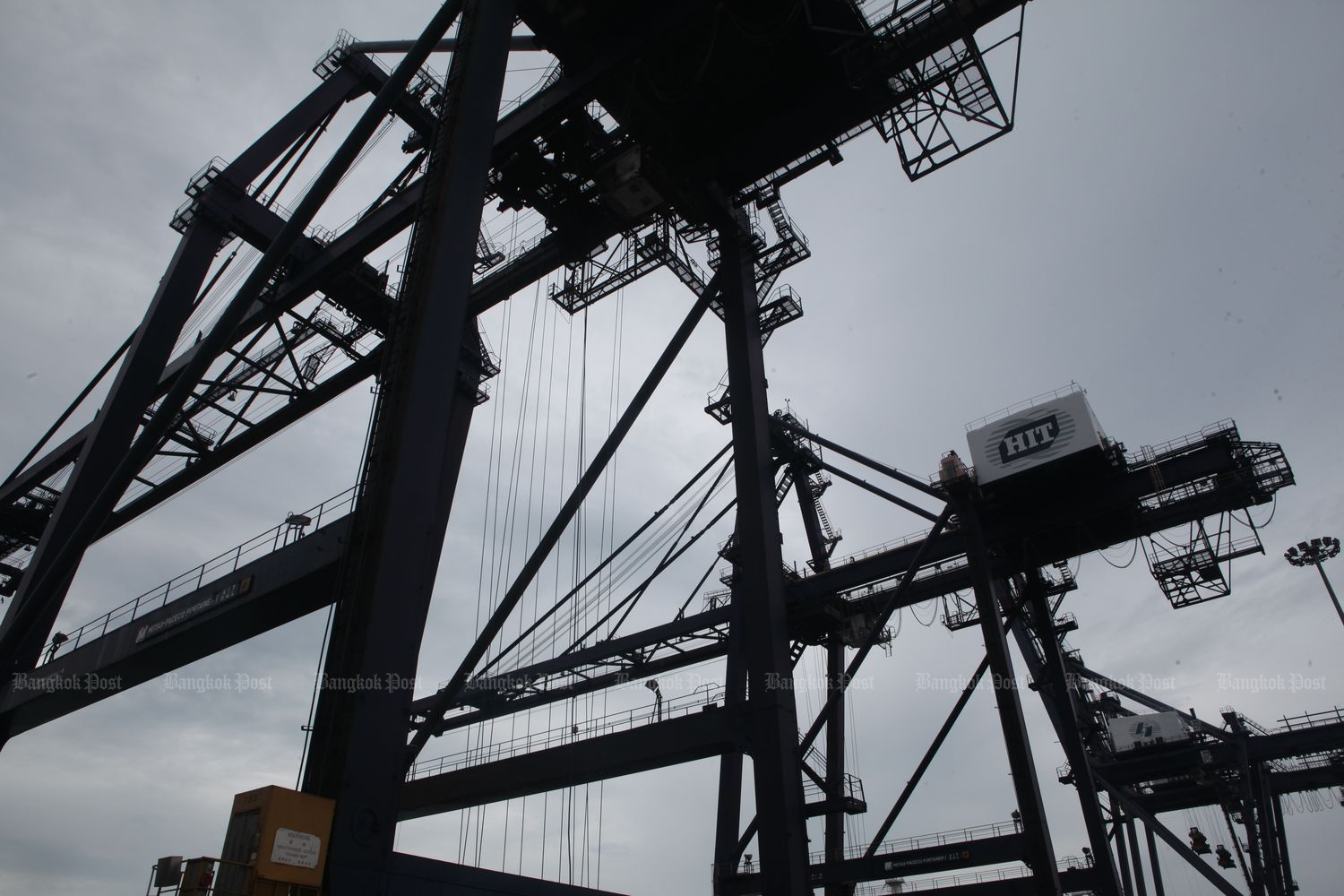
Gen Prayut Chan-o-cha's new government faces the immediate task of shoring up a buckling economy after being picked by lawmakers to continue as prime minister following March’s disputed general election.
Gen Prayut will be under pressure to counter the weakest economic growth since 2014 as exports, investment and tourism fizzle.
To do so, he must find policy consensus across the 19 parties that make up his ruling coalition while protecting its razor-thin majority. He’ll also face intense opposition from a sizeable parliamentary bloc that views his leadership as illegitimate.
"It’s a government of mixed characters with no shared vision' so passing any legislation quickly is going to be difficult," said Prajak Kongkirati, head of the politics department at Thammasat University.
The US-China trade war is hurting export-reliant Thailand. Investors also need local political stability to commit to expanding manufacturing capacity, which would boost shipments, said Pimchanok Vonkorpon, the Commerce Ministry’s director general of trade policy and strategy.
Investors are expecting steps to stimulate sluggish consumption and investment, and such a package would likely bolster stocks too in the short term, according to Poramet Tongbua, an investment strategist at Bualuang Securities Plc.
High household debt curbs the scope to cut policy interest rates and take traditional populist steps like asking state lenders to extend more credit.
"We expect cash handouts and more infrastructure outlays, but it’s hard to counter slower exports and tourism," said Pornthep Jubandhu, senior vice-president at SCB Asset Management Co.
The key parties making up the pro-military coalition led by Gen Prayut — Palang Pracharath, Democrat and Bhum Jai Thai — broadly agree on priorities such as helping farmers, cutting taxes and expanding welfare.
The government in April announced a stimulus package worth about $420 million, but further steps are expected, according to Padon Vannarat, head of strategy at Yuanta Securities (Thailand) Co.